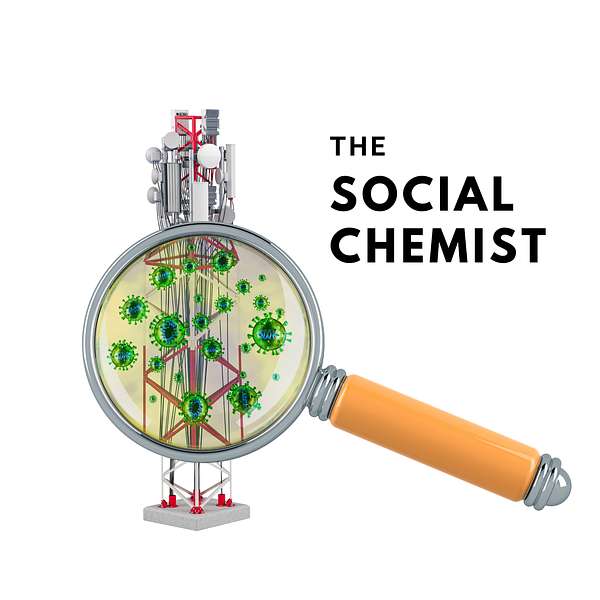
The Social Chemist
A podcast that looks into the psychosocial elements that contribute to conspiracy theories and political extremism. Hosted by social worker and conspiracy theory researcher Nelson Perez.
The Social Chemist
The Tuskegee Experiment Of 1932: Psychosocial Mistrust Of Vaccinations Among African Americans
In 1932, the United States Public Health Service (USPHS) and the Center for Disease Prevention (CDC) started what was intended to be a 6-month longitudinal study to see the effects of untreated syphilis. The study had recruited a sample size of 600 African American males; what those men would not realize is that the 6-month experiment would turn into a 40-year study of immoral practice and scientific abuse of power.
Using the existential threat model and the adaptive-conspiracism hypothesis, learn why many African American vaccine skeptics report adamantly not getting their COVID-19 vaccine shot. An observation that is concerning for medical professionals since African Americans are 5x more likely to die from COVID-19.
By the end of this episode, you will ask yourself, did we learn the proper lessons from the Tuskegee Experiment, or have the historical details of the event been manipulated for an underlying agenda.
References
- Tuskegee Study and Health Benefit Program - CDC - NCHHSTP
- Tuskegee Syphilis Study - Wikipedia
- Latest Data on COVID-19 Vaccinations Race/Ethnicity | KFF
- Tuskegee Experiment: The Infamous Syphilis Study - HISTORY
- Tuskegee Study Deters Some Black People From COVID-19 Vaccine : NPR
- Black People Are More Hesitant About A Vaccine. A Leading Nurse Wants To Change That : Coronavirus Updates : NPR
- Stop Blaming Tuskegee Study For Inaction On Current Inequities in Health CAre : Shots - Health News : NPR
- We Learned the Wrong Lessons from the Tuskegee 'Experiment' - Scientific American
- An existential threat model of conspiracy theories. - PsycNET (apa.org)
- Conspiracy Theories: Evolved Functions and Psychological Mechanisms - Jan-Willem van Prooijen, Mark van Vugt, 2018 (sagepub.com)
Previous Social Chemist References
- https://podcasts.apple.com/us/podcast/conspiracy-theories-and-their-perpetrators/id1530316632?i=1000491598282
YouTube References